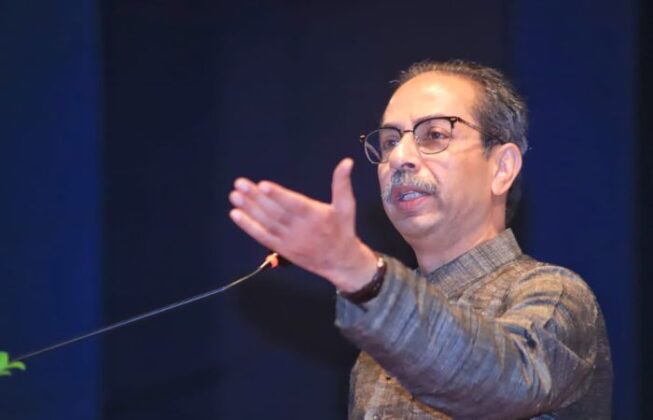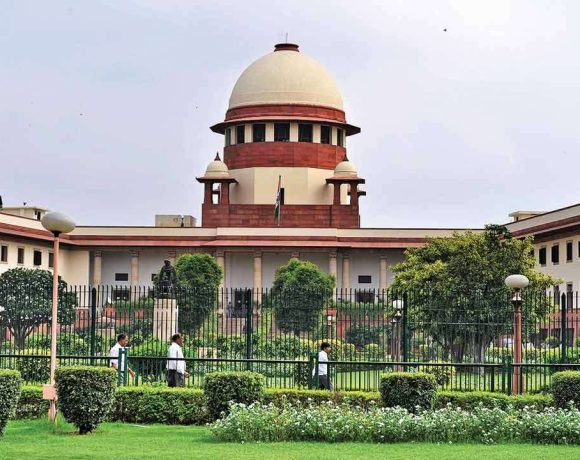
Modi Government Engages Uddhav Thackeray Ahead of All-Party Delegation’s Global Anti-Terrorism Mission
In a move aimed at presenting a united political front on global platforms, the Modi government has reached out to Shiv Sena (UBT) chief Uddhav Thackeray ahead of the all-party delegation’s foreign visits aimed at countering terrorism narratives. The outreach is being seen as a significant step in building bipartisan consensus for India’s international anti-terrorism diplomacy.
Centre Seeks Inclusive Representation
Union Minister for Parliamentary Affairs Kiren Rijiju personally contacted Uddhav Thackeray to discuss his party’s potential participation in the delegation. The initiative underscores the government’s strategy to include a spectrum of political voices, particularly those critical of the Centre, in the effort to project a unified national stance on terrorism.
The Shiv Sena (UBT) responded affirmatively, with party leaders stating that the objective of the delegation transcends domestic political rivalries. “This is not about internal politics. This is India against terrorism,” a party spokesperson said.
Purpose and Scope of the Delegation
The delegation is expected to visit multiple countries to engage with foreign governments and global institutions on coordinated measures against cross-border terrorism. It is also likely to present evidence, discuss counter-terror mechanisms, and advocate for greater global scrutiny on terror sanctuaries operating from hostile neighboring nations.
Following the Pahalgam terror attack and Operation Sindoor, the delegation has assumed heightened importance in shaping global perception and asserting India’s diplomatic narrative.
Political Significance of Sena’s Inclusion
Uddhav Thackeray’s inclusion is notable given the Shiv Sena (UBT)’s sharp criticism of the Modi government on issues such as national security lapses and political centralization. Yet, their openness to participate in the anti-terror mission indicates a rare moment of convergence on national interest.
This development also signals that even opposition voices, when aligned with national security priorities, can be brought into strategic consensus. It could pave the way for similar bipartisan engagement on other critical foreign policy matters.


















